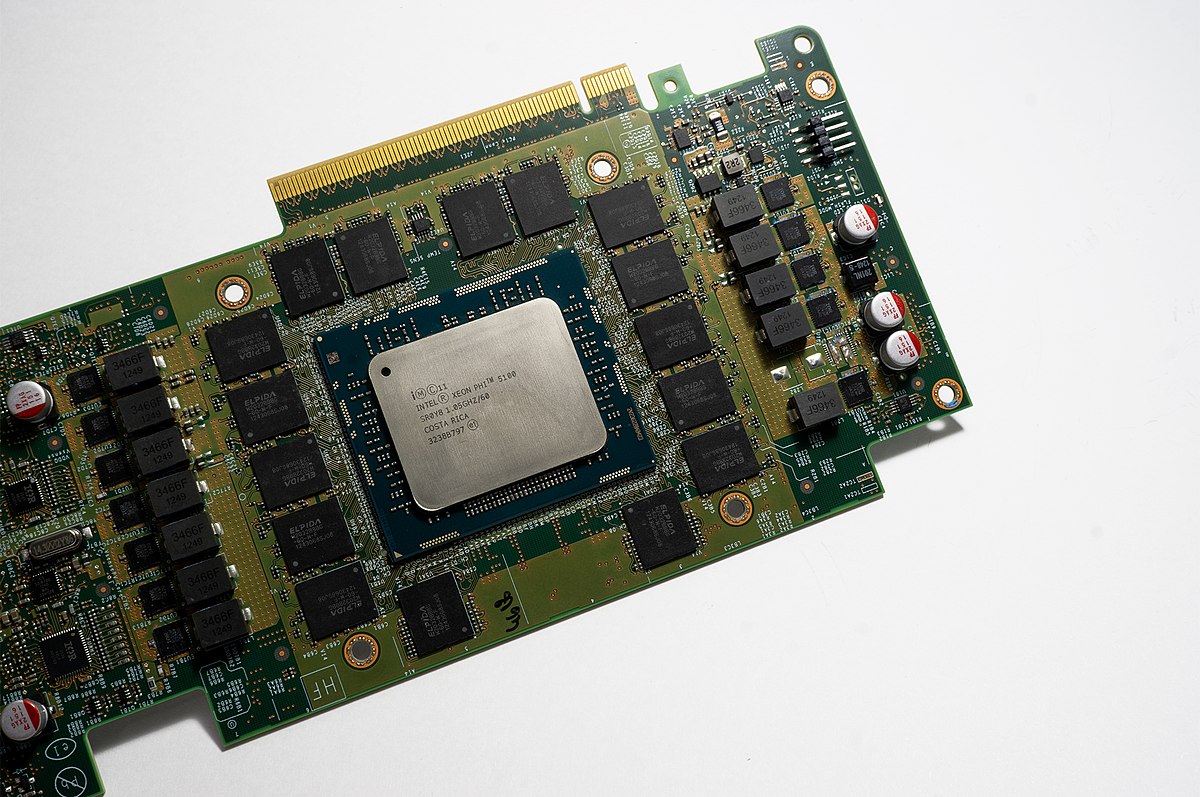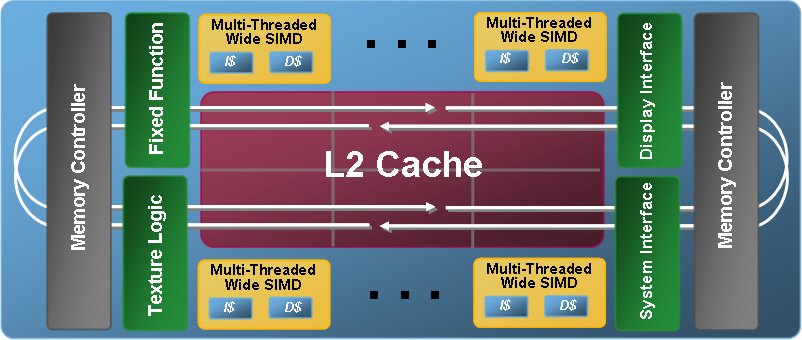Doesn't anyone watch Moore's laws deads videos on here, his leak gave him smt4 leaked weeks ago?
I've been a Moore's Law is dead fan before you were..... Lol
I have said it before and I will say it again. AMD is innovating the CPU space like no one before. I fully expect Intel to respond but 4 way SMT is no joke, especially with the 20% increase in transistor density due to EUV.
I find him to a little too AMD biased
He's not AMD biased at all, and I don't understand under what criteria you're making such a judgment. Intel basically has NOTHING going on right now, at least nothing that enthusiasts care about, so he has nothing to talk about with respect to Intel. And, whatever Intel does have going on, it's nothing exciting. He's not a journalist and does not have a responsibility to offer equal coverage of all entities whether they deserve it or not. You saying he is biased is like saying the news is biased toward natural disasters for heavily covering a major hurricane that just occurred. It's not biased when you're covering the most interesting PC news and all that news just so happens to be coming from one company.
I'm also assuming that you made that incorrect judgment WITHOUT watching much of his content because if you had watched more, you'd know that his personal system is an Intel system. Also, he's a true enthusiast, and the majority of True enthusiasts (not fanboys, fanboys are not enthusiasts) DO NOT, for example, respect Nvidia for the crap they pull and the harm they do to the community as a whole (e.g. Jacking up prices for no other reason than achieving a 100% profit margin and because fanboys will never check their power by withholding their money from their products) and the majority of enthusiasts know that Ray tracing is not polished enough to warrant buying an RTX card and its price premium... however, knowing and expressing such an opinion is not, by default, a form of bias toward and in favor of AMD, and anyone suggesting that being critical of one company automatically makes you biased toward their competition is logically fallacious and is creating a false binary that does not exist. I offer those as examples.
I really tired of those in this community that try and force their false binary reasoning on others. It's just like conservatives who automatically declare that you're a liberal or a Democrat for criticizing Trump, as if in the vast plethora of opinions and philosophies in our reality, an individual is only limited to two in some sort of perverted, "if, then, else" distorted logic and that any criticism of one automatically and by default makes you the other.
This will be terrible for gaming. Server operators will rejoice at this news but...this is very likely to be harmful in the consumer space.
There seems to be this shortcut to thinking that so many "gamers" [that claim to be enthusiasts] constantly perform, namely the completely unfounded assumption and belief that "gaming" comprises the majority of use cases for x86 CPUs and that "gaming", and pleasing gamers, is the paramount concern, or should be, of AMD/Intel when that's not the case.
Gaming does NOT comprise the bulk of the T.A.M. and revenue for the x86 industry, enterprise does. An x86 manufacturer would be committing suicide by choosing to make gaming their number one priority, and yet so many gamers think that it should be, and furthermore, so many "gamers" have this ridiculous mentality that the measure of quality and validity in an x86 CPU is assessed solely by the FPS it can achieve...does anybody else know what I'm talking about or has observed this? It basically occurs everyday on WCCFTech, I witnessed so many fools basically making the argument that a 5 fps inferiority for ryzen 3000 when compared to Intel makes it a failure. Are these people serious or are they so clouded by the psychological idiocy of in group/out group mentality and social identity theory (the two major phenomenon behind fanboy behavior) that they're completely blind to reason?









